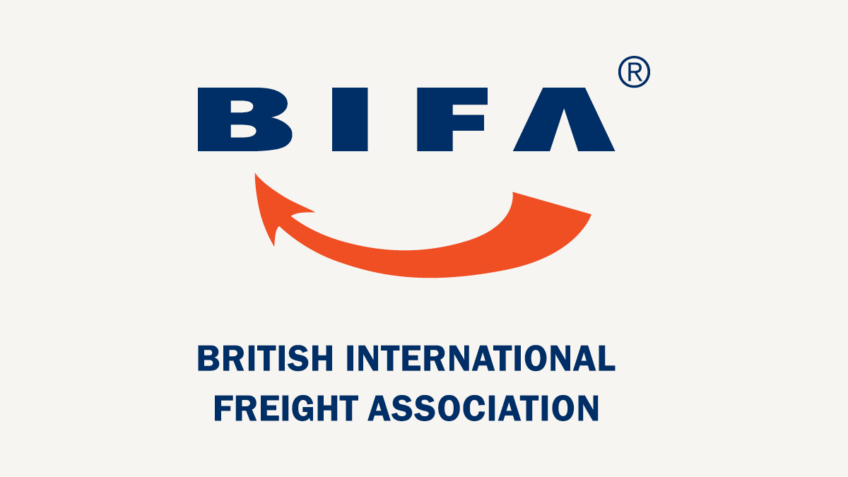The Supply Chain Risk Insights, by the British Standards Institution (BSI), said the cost of living crisis and “looming recession” had “incentivised” criminals in 2022.
Almost one in five (18%) of all global cargo thefts were food items, a five percentage point rise year-on-year, followed by fuel (9%), agricultural goods (9%), electronics (9%) and construction materials (8%).
Theft of fuel and automotive parts rose three percentage points compared to 2021, while electronics, agricultural goods and construction materials fell.
A spokesperson told Supply Management: “We tracked an uptick in criminals stealing basic goods like food and beverages, fuel, and automotive parts, which are all products that have experienced price hikes due to inflation.
“Since Russia’s war in Ukraine, countries and companies have had to reconcile with their dependence on Ukraine and Russia for basic goods like grain, gas, and metals.
“With these product shortages come soaring energy prices coupled with increases in basic goods prices. Subsequently, this drives up incentives to steal basic goods like food and beverage products, agriculture goods, fuel, and automotives.”
Supply chain disruptions over the past year have impacted the ways in which thefts have been carried out, said the report, which analysed supply chain risk in over 200 countries and regions around the world.
The most common form of supply chain theft was from facilities, accounting for over a quarter of total thefts, increasing from 24% in 2021 to 26% in 2022. The percentage of thefts due to hijacking fell from 24% to 17%.
A BSI spokesperson explained ripple effects from global port congestion was “the most likely pivotal factor” in rising thefts from facilities.
As global port congestion eased in the second half of 2022, cargo spent less time in transit and more time in facilities, making them a target.
Jim Yarbrough, global director, supply chain solutions at BSI, said: “For the last 12 months, it seems the supply chain can’t keep up with an uncertain market and this unbalanced supply and demand between countries has driven product shortages, delays and made cargo susceptible to tampering and theft.”
He said procurement teamsa needed the support of senior leadership to ensure resilience.
Yarbrough explained: “It’s a really tough environment at the moment, but supply chain continuity requires investment from the top down and what organisations really need right now is strong buy-in from top level leadership and management.
“It’s critical to get people across the organisation culturally to understand that their suppliers are part of their business and that helping their suppliers to thrive will ultimately help their own business thrive too.”
Inflation can be difficult to manage but procurement should “allow the organisation enough wriggle room to manage disruption as efficiently as possible, as it’s clearly unrealistic to think that everything’s going to run on peak performance 100% of the time.”
However, Tony Pelli, practice director, security and resilience at the BSI, stressed firms needed to see risk as an opportunity.
“Against such a difficult backdrop, it’s easy to get lost in the negativity around risk, but for companies who manage risk well, there’s a huge opportunity for competitive advantage,” he said.
“Organisations who demonstrate the agility to adapt quickly are well placed to thrive – organisations who remain reactive are not.
“As we look ahead, the companies who will stand out from the crowd will incorporate risk management into their entire lifecycle, from procurement and manufacturing processes through to their transportation, logistics, and distribution processes, and even reverse logistics.
“Supply chain risk management is no longer optional and needs to move with the pace of digital transformation evident across the supply chain.”
Original article:
